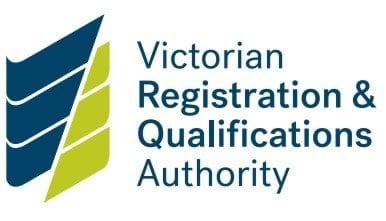Steps to compliance
1. Develop or review
Ministerial Order 1359 does not mandate how schools should document strategies and actions to implement child and student empowerment. This may be a curriculum planning document or other existing document.
Schools should review — and update — their approach and documentation on child and student empowerment.
School boarding premises — even those operated by schools — must tailor the strategies and actions to the specific context of a boarding premises.
2. Train
Induction or training processes for staff and volunteers allow them to:
- become ‘attuned to the signs of harm’
- support students to express their views, take part and raise concerns
- identify signs of child abuse.
Schools must keep records showing staff and volunteers have undertaken relevant induction or training.
Volunteers receive training that is appropriate to the nature and responsibilities of their role. For example, a volunteer with weekly access to children through a reading group needs a greater level of training than a volunteer who helps once a year at the school fete. See the ‘Suitable staff and volunteers’ Standard for further guidance.
3. Implement
Compliant schools:
- make sexual abuse prevention programs available to all students in age-appropriate ways
- inform students about their rights, including to safety, information and participation
- have strategies in place to develop a culture that:
- recognises the importance of friendship
- facilitates participation
- is responsive to student input
- take practical actions to empower students. Examples can be found under ‘Further resources’ and include:
- engaging and easy to read posters promoting student voice and agency
- providing information about how students can raise concerns
- creating opportunities for student participation
- have governing authorities that develop curriculum planning (or other documents) with strategies and actions to:
- empower children
- inform them of their rights
- help them take part in decisions affecting them.
Examples of common non-compliance
- No or limited access to sexual abuse prevention programs for students or information about their rights.
- Some staff and volunteers do not receive relevant information through induction or training processes.
- A school boarding premise assumes that the child's school covers all requirements of this Standard but the school’s documentation does not account for the specific context of a boarding premises.
- A ‘top down’ approach — child safety information published, but with no opportunity for discussion and input from children and students.
- A school is unable to produce documentation that records actions taken, such as a list of staff and volunteers that undertake training or evidence the school takes action to empower children.
Updated


